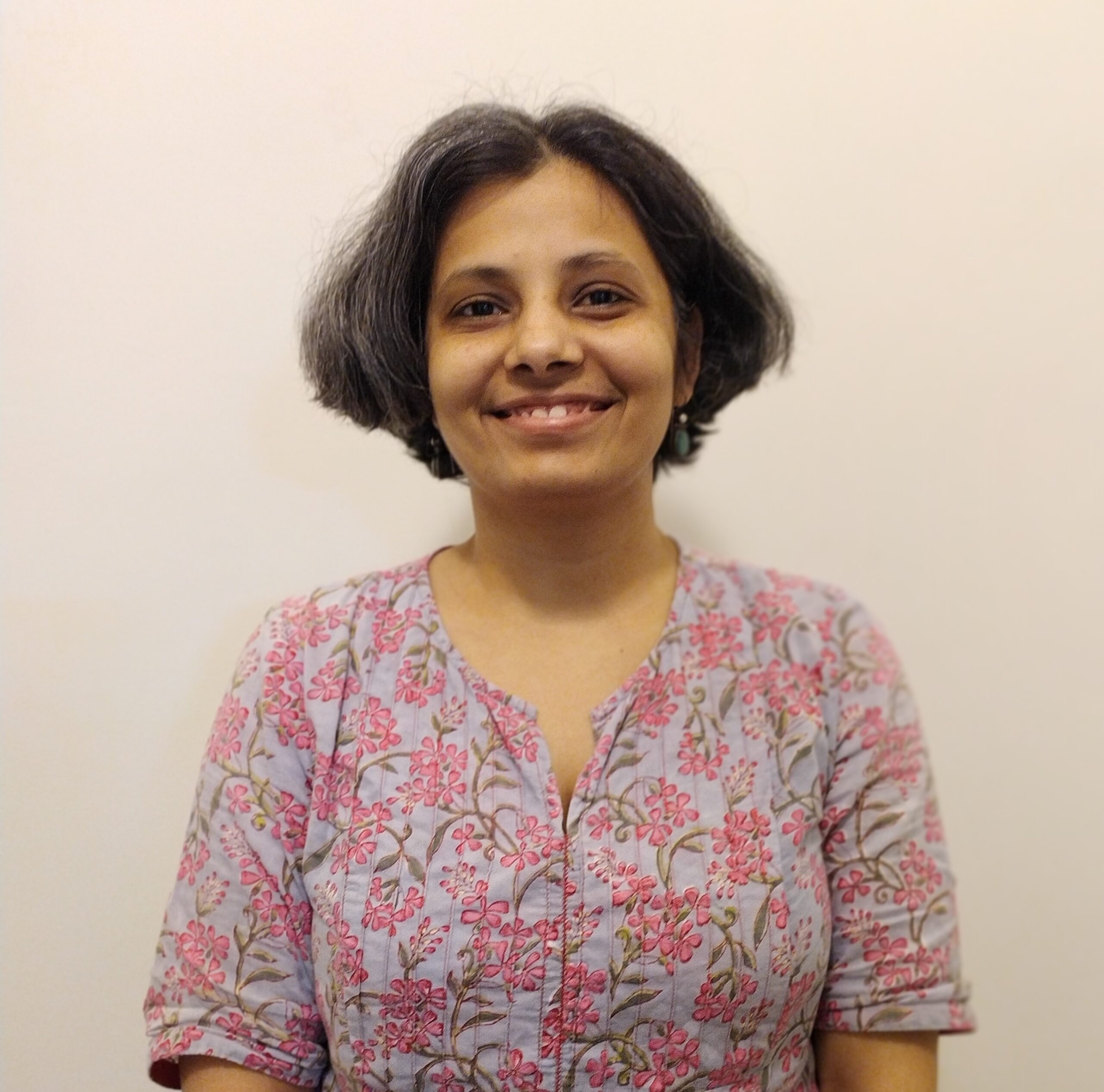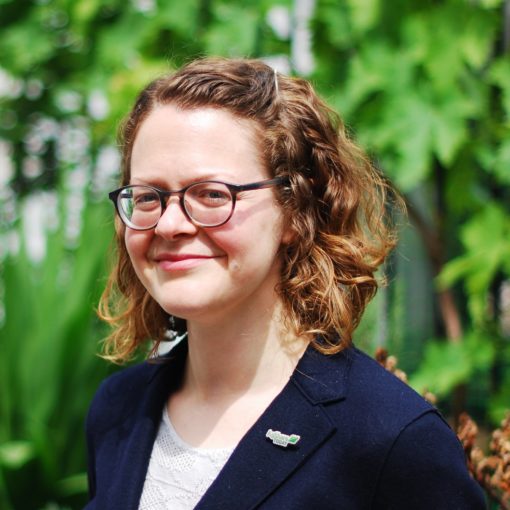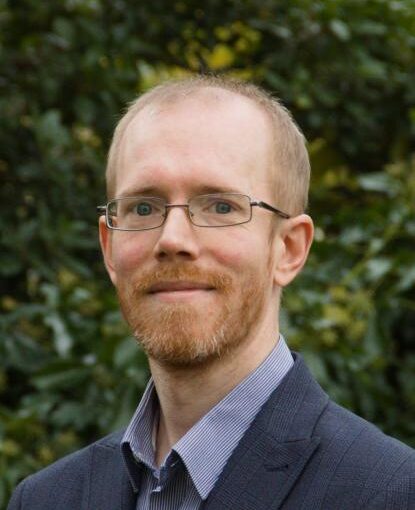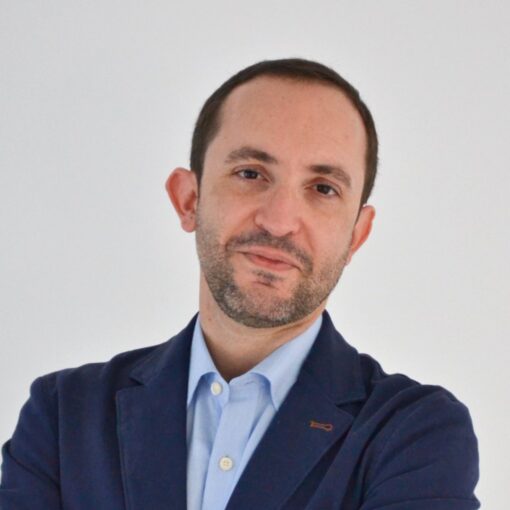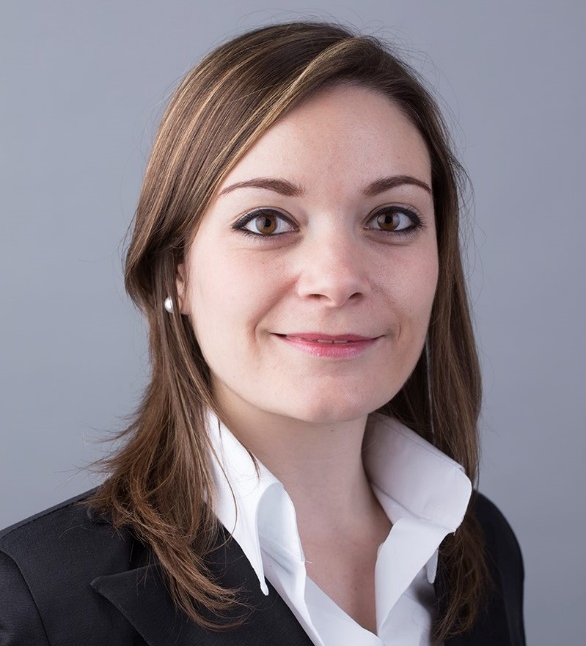Ph.D. in Molecular Biology
| Visual Science Communicator | |
|---|---|
| Ipsawonders | |
Year entered into a non-academic position: 2017
Job highlight: Science Communication
My research training set me up to curate ideas and strategically pursue them while working as a team.
Left academia after Ph.D. I started freelancing a few months after the submission of my PhD thesis. I did pursue a postdoctoral fellowship, which was a practice-based fellowship (https://en.wikipedia.org/wiki/Practice_research), where I was on a drawing board and not on the bench.
What’s your background?
I trained as a molecular biologist during my PhD. After that, I pursued science illustration which then progressed into science communicaton and is now shifting to public engagement. I also pursued a post-doctoral fellowship at inStem, Bangalore. This was a unique opportunity to explore drawing as a way to practice science. During my time here I also wrote and illustrated popular science books. Currently, I am also a lecturer at an art and design college where I work with design students to explore science storytelling, information communication, public engagement, and other related ideas.
Why did you move away from academia?
During my PhD, I realized that my proclivity towards public engagement and communication was greater than my desire to do lab work. The joy of sharing science was greater than the motivation of doing science. I always liked to work with visual media and that became my means of talking about science. I may have moved away from hardcore academic science, but my work with scientists, science students and design students keeps me rooted to academic and educational pursuits, I have just moved away from the bench.
Is there anything you miss about academia?
My experience of academia was one with high level of comradery, free exchange of ideas, resources and feedback This is what I miss from academia since in other settings relationships are more structured and formal.
How did you get this job? Did you face any challenges when considering a move away from academia or applying for the role?
I mostly work by myself or with collaborators as a freelance science communicator and visual media maker. The journey is difficult and so are the challenges. I started working at a time where the community of visual artists and science communicators in India was less than a handful or invisible. It took a lot of time and effort to get the scientific community to value and respect what my peers and myself do. Even today we struggle in terms of the economic value of the work and level of contribution expected in creative communication work.
The other challenge was to learn how to value/price my own work. It took several years of experience to start understanding how to price it, how to say no, how to reject feedback when it is not conducive to the project. In a science communication project, often the scientists go in with the mindset that they are the audience and want to make choices accordingly. It takes time and patience to actually explain to the scientists that that the audience are non-scientists and that this is what the project should focus on. Creating a niche market and educating the client (academics in STEM) have been the biggest challenges.
Did you think you had the skills required for your current position before you started? Were you right?
I went ahead with the attitude that I will acquire the skills that I need, which I did. I practiced drawing and learnt how to use digital softwares from online resources. I believe I am a learning by doing person. I already knew a couple of things even if it took some time to realize that. For example,
- We learn this in all the lab presentations and posters that we deliver, how we need to talk about our work, where to add reveal, surprise and emphasis.
- In academia we get trained on how to ask good questions and find solutions. Now when I work with contexts that are non-scientific, I am still able to critically engage with the subject matter.
- Know how to collaborate. In a research lab, one learns how to share ideas, divide labour, coordinate, set expectations and demand accountability. All these translate to being a good collaborator and have proved to be valuable skills in the kind of work that I do, since I collaborate a lot with other science writers, design teams or scientists.
There were a few things that I realized that I need(ed) to learn
- Promote myself. It can be challenging to discuss my work with the right balance of intelligence and humility necessary for effective networking. How to say no? It took a bit of time to understand how to think about gigs, portfolio enriching, network enriching or wallet enriching. Initially, I was accepting all the jobs I was offered and this behavior led to frequent burn outs.
Did you have any preconceptions about your sector that proved to be wrong?
I can’t say that I had many preconceived notions as I was actually creating a space for myself. But there were some quick lessons along the way. As a freelancer, your first few gigs will come from existing network, so reach out. The conversion rate from expressions of interest or inquiries into actual projects is typically quite low.
Can you describe a typical week in your job?
As a freelancer, there are no typical weeks. I try to balance client work with personal projects to be able to improve and expand the different ways I can create work . At the moment I am interested in gamified engagement tools and book making. Any typical project has a phase where I work with the client/collaborator to develop the created brief. This is followed by ideation and discussions. Then I work on the prototype or preliminary sketches to get the idea right and identify the flow of story and the levels of detail. Then there is the execution phase, with some cycles of revision. It also takes some time and effort to be present on social media or at some networking events to maintain visibility and demonstrate an interest in collaboration and client projects.
What is the workplace culture like? Please include comments on work-life balance, flexibility, remote working?
Working as a freelancer has all the pros and cons of a remote job. For me the flexibility, creative freedom, and possibility to collaborate are great. I can also use the downtime to pursue personal projects.. Work life balance can be hard to achieve at the beginning, but one starts to figure that out with more experience. It helps to have a working setup that is different from setup for ‘leisure/every-day life’ activities. With the pandemic, most meetings and discussions are online. So, freelancing can sometimes feel like a lonely exercise.
What are your favourite parts of your job?
The opportunity to be creative! The ideation phase of most projects are the most exciting. This is where ideas, intuitions, and inspirations blend together. Projects and collaborations where the ideation phase is rich and exciting always turn out better than others.
What are your reflections on your career path?
You can contribute to science even if you are not on the bench!
For some of us who enter academia, there is a very romantic notion of being a genius scientist that is contributing to increasing knowledge. That monolithic idea often becomes both a goal and a cage. From my own interactions with scientists and the public, as a science communicator, I can see how dialogues between these two communities can enrich science and daily life.
Always have personal projects to work on. As a science communicator or as an artist, one has its own ideas, voice and stories to share. It doesn’t always have to be client/collaborator dependent. To sustain motivation, and to build creative confidence, it helps to have a slow burning personal project that you can keep going back to.
Make friends with people who are not in academia and tell them about your work
As great as the advantages of being in a close knit community as academia often are, the thought processes and problem solving skills of academics are often quite similar. The availability of perspectives that are socially and culturally diverse is limited. Talking about my ideas and work with people who may not be closely related to the content of my creative work helps to broaden my horizons and often provides new interesting perspectives
Do you have any advice for current graduate students and postdocs considering a career outside of academia?
Sometimes academia can be punishing since the critiques are more frequent than encouragement, and a lot of us tend to struggle with imposter syndrome.
Once you get out of academia, you realize you are (kind of) awesome and you belong in professional sphere (Academic or non academic). Also, always be willing to change your mind. Applies to both career choices, and life.
What do you know now that you wish you’d known when exploring a transition?
I had a lot of support from the science community but I did not know how to seek and identify a mentor who could support my transition and progression. I learned a lot from experience. I wish I knew earlier the importance of mentorship in crafting a new career.
Can you recommend any relevant resources, organisations or events that might help somebody new to the sector find out more about it?
GNSI (https://www.gnsi.org/) would be the best place.
Ipsawonders.com is the portal to my work and the way to reach out to me. The website is an archive of ongoing and previous projects for ideas about zine (https://en.wikipedia.org/wiki/Zine) making, book making, science communication and illustrations, and training. I am happy to connect with people interested in public engagement and storytelling. I am particularly interested in collaborators who value the audience as much as they value their own work. I often look for interns to further the ideation and execution of some public engagement tools that I plan to develop. The information about any upcoming opportunities can be found at https://ipsawonders.com/.

